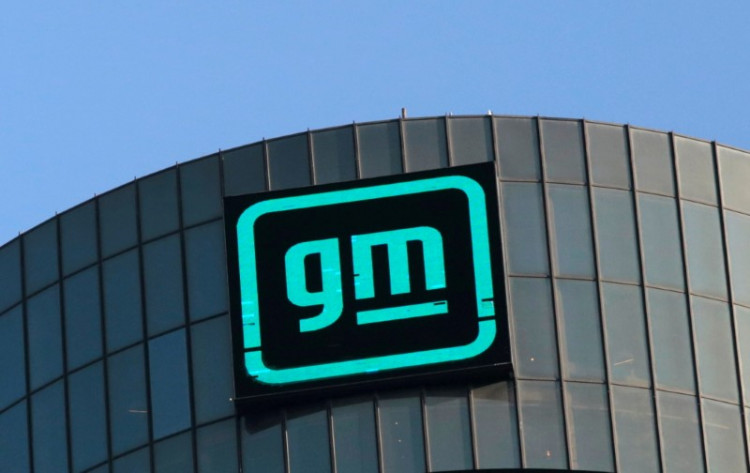General Motors said it expects its profits to be affected by increased expenses during the second half of the year. The company said Thursday the ongoing semiconductor shortage and inflation could result in up to $3 billion of additional expenses.
The company's chief financial officer, Paul Jacobson, said they expected to experience a greater-than-expected hit from the parts shortage and rising commodity prices during the third and fourth quarter of this year. He said the two factors could force the company to spend up to $3 billion more than it did during the first half of 2021.
GM said the added expenses could be offset by its earnings during the first half of the year. The company remains positive that it would be able to continue the trend. On Wednesday, the company upgraded its earnings forecast for the first half of the year from an estimated $5.5 billion to between $8.5 billion and $9.5 billion.
"I'm actually comfortable with where we are right now as we're thinking about the second half of the year, even if there might be some continued supply challenges. But there are some fundamental pressures in the second half that I think are unique versus the run rate that we've seen in the first half. That starts probably with commodity inflation," Jacobson said.
For its full-year forecast, the company previously said it expects to generate pre-tax profits of between $10 billion and $11 billion. The company said it should be able to hit the higher end of the range. The company did not provide an updated full-year earnings forecast. The company did mention that it had already factored in the potential impact of the chip shortage.
"We're certainly bullish, as it relates to our prior guidance. We're intentionally not giving a full year guidance, yet we want to do that on our earnings call as we start to get into the third quarter and start to understand what the chip dynamics look like," Jacobson said.
Jacobson said he expected the chip shortage to continue into 2022. He pointed out the recent Covid-19 outbreak in Malaysia, which has further disrupted the global chip market.






